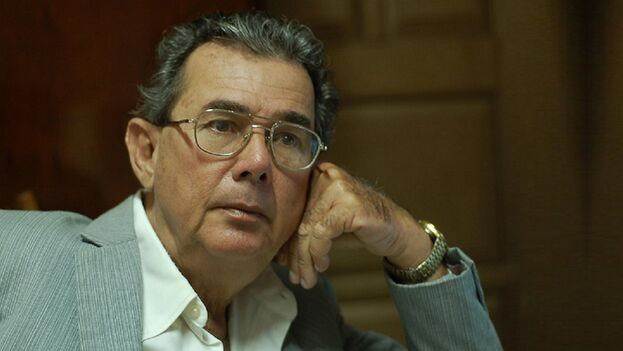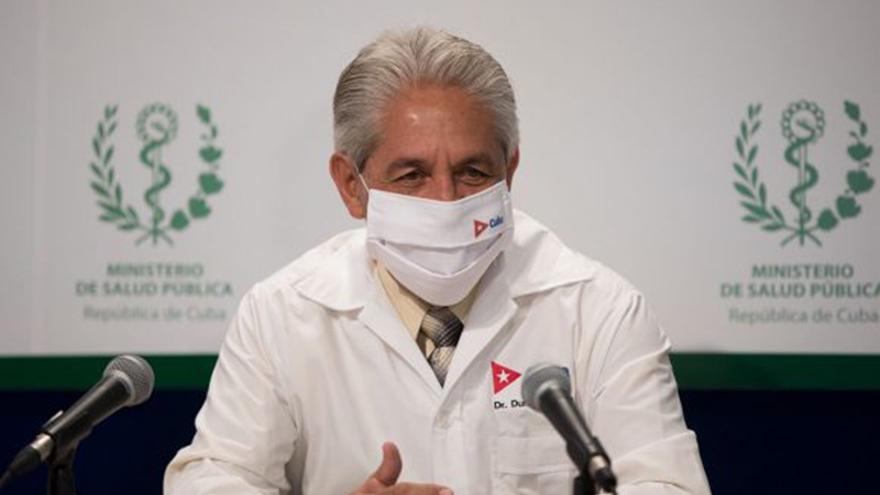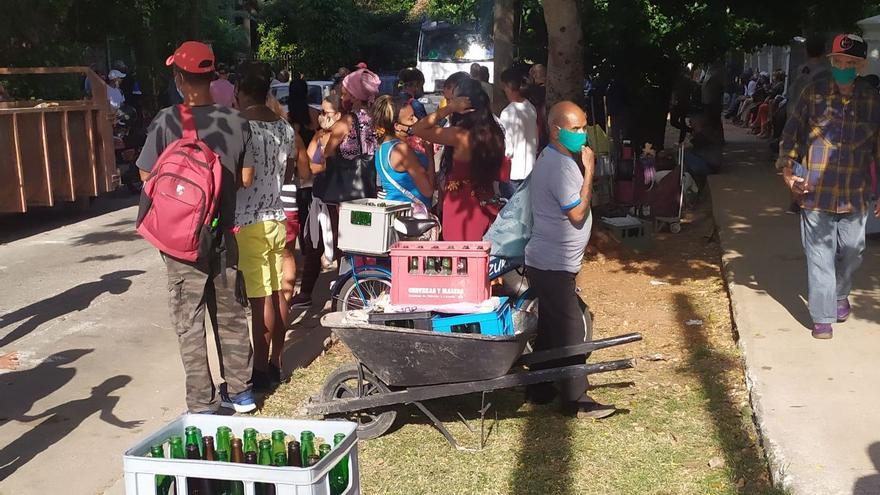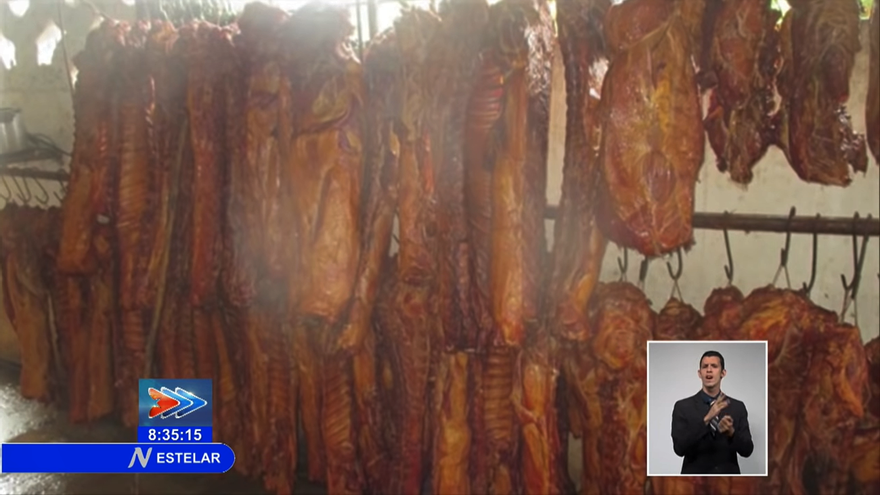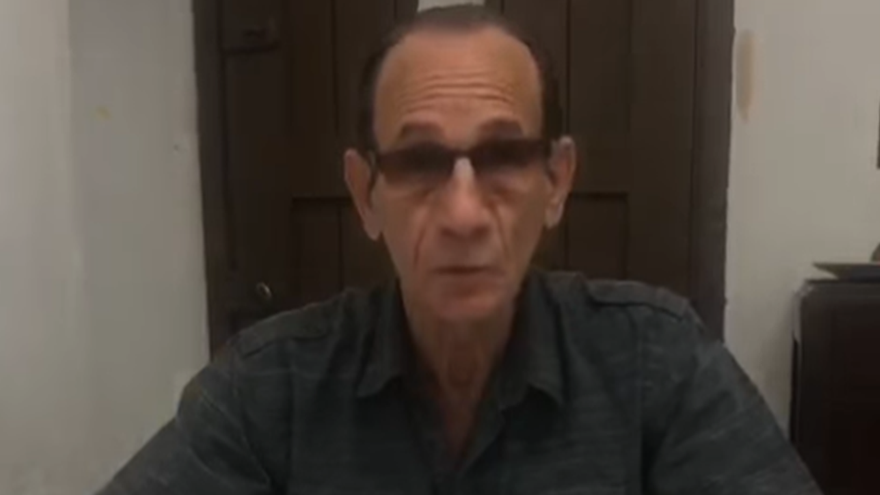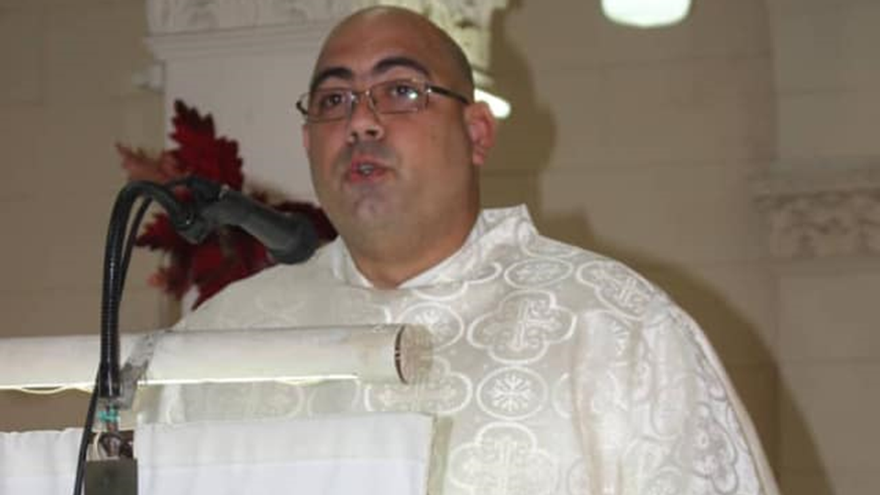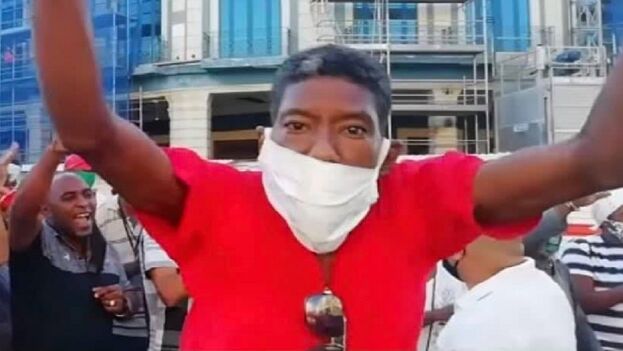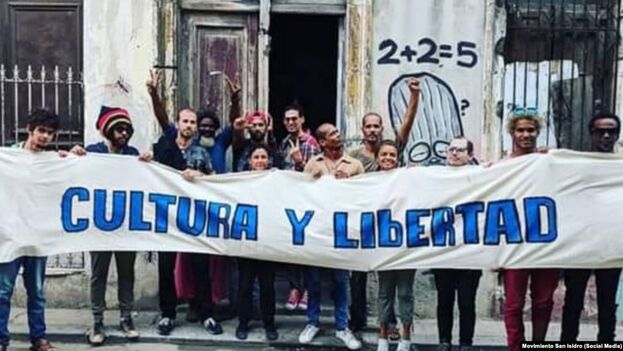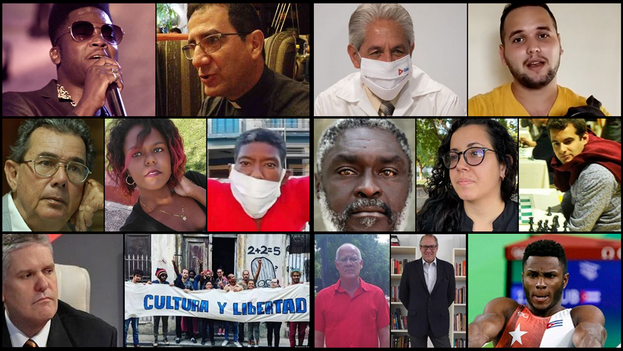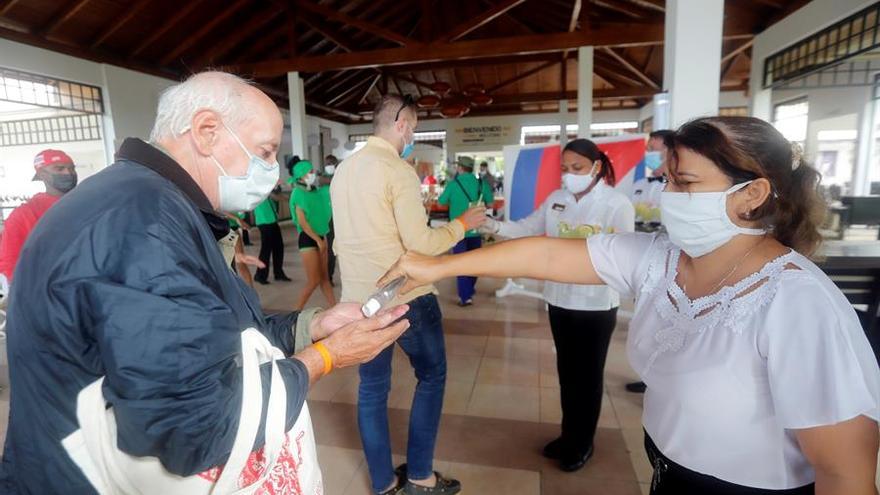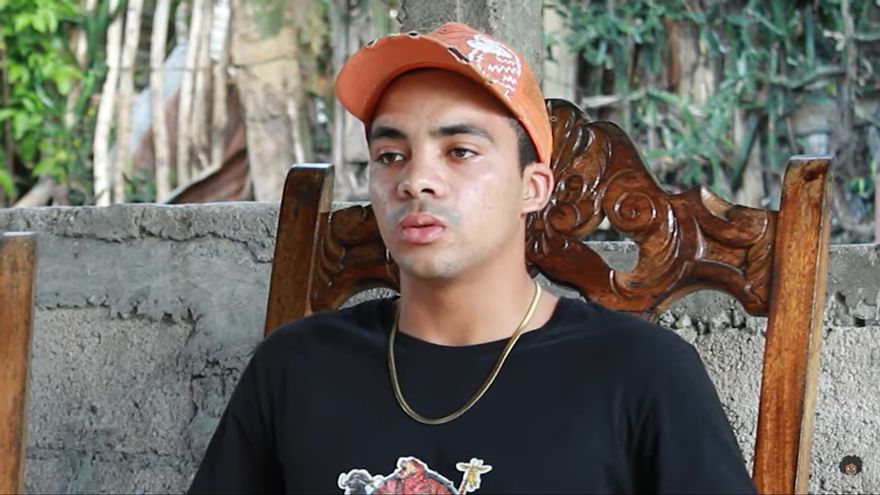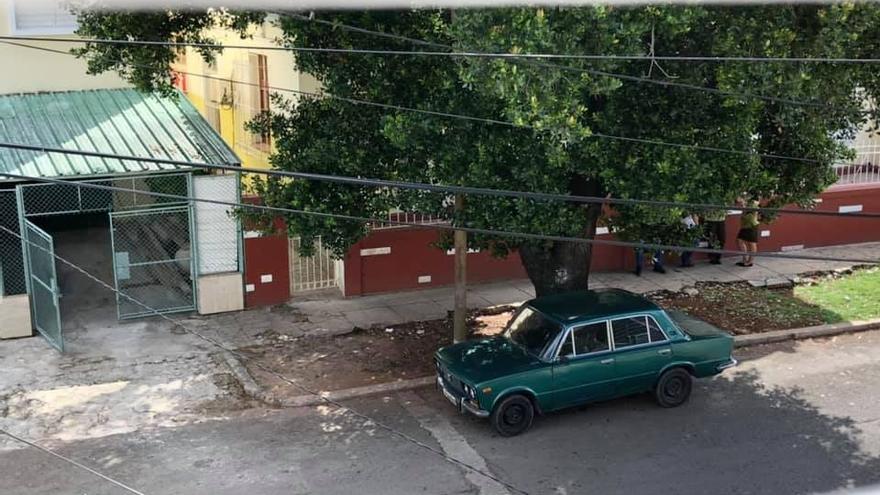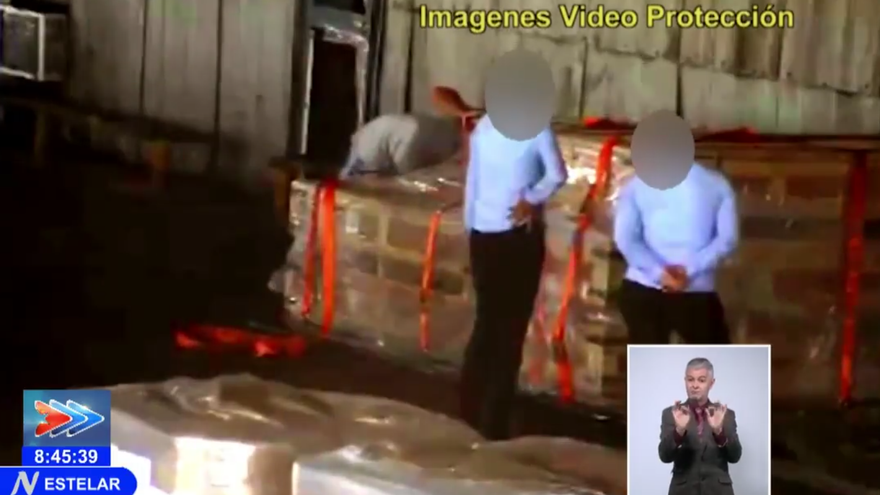As I am in the habit of not discussing politics with the police, I limited myself to thanking them for their insults, because they made it clear to me that they had the wrong profile of me.
I recall that I gave the example of a boxer instructed by his manager that his next opponent is dangerous with jabs, but as soon as he steps into the ring he receives an uppercut to his jaw that knocks him out.
“Did you understand why having the wrong profile of your opponent is dangerous?” I asked, and he stopped insulting me. continue reading
Since the middle of the last century the best police officers in the world began to develop more advanced investigation techniques. Criminal profilers appeared, whose fundamental objective was to understand the behavior and probable characteristics of the unknown perpetrator of a crime and, incidentally, to find the most appropriate way of questioning suspects.
In the omnipresent KGB of the Soviets and the efficient Stasi of the Germans, patterns to control opponents were developed. The Cuban State Security is indebted to those experiences and today the intelligence services of Venezuela learn from the Cubans.
Unlike common criminals, political opponents do not need to be discovered, but the main divergence between an opponent and a common criminal is that political activities that oppose governments only constitute a crime in dictatorial regimes. The case of spies in the service of a foreign power is another thing altogether, and is punished with harsh penalties in most nations.
Here a phenomenon worth studying takes place. To justify the repression of opponents, they try to identify them as, or at least link them to, the activities of an enemy spy, but it happens that the profiles to investigate some are incompatible to work with the others.
Many times, in the middle of an interrogation, opponents wonder if the state security agent they face on the other side of the table is part of the team that makes the lies or if it is only instructed to repeat them, or even trained to believe them. That officer is a professional, or at least he tries to look like one.
If their victim is not a repeat offender, they may say something like “we know you are a patriot, but they are using you and we want to help you.” If he appears on the list of “notorious counterrevolutionaries,” they show him all their contempt, assure him that “we already know everything” and take to launching more or less veiled threats against him and his family, including the presumed possibility that he or one of his relatives has engaged in some common crime.
As they do not want to identify themselves as “the political police,” they mask their repressive work with dissenting ideas under the guise of watching over the independence of the nation. They act as defenders of the attacked homeland occupying the trench that protects sovereignty.
In a good part of the population, born in the last six decades, it is relatively easy to activate the prejudice that anyone who demonstrates against the system only intends to “hand over the nation to the Yankee imperialists,” or “return to the capitalist past so that yesterday’s exploiters can regain their properties.”
As all prejudice needs a minimum base on which to settle, the evidence supports that the United States Government gave support to Brigade 2506 in the landing at the Bay of Pigs and the supply of arms to the rebels in Escambray. It is enough to visit the Museum of the Revolution to see the list of landowners and owners of confiscated companies who returned to Cuba, they or their children, in the invasion of April 1961 “with the sole purpose of recovering their properties.”
The most recurrent obsessions in trying to make the prejudices inculcated by government propaganda coincide with reality are relationships with foreigners and the sources of money.
The most difficult question to answer is whether the state security agent who detains and interrogates a dissatisfied person is unaware that the main objective of his victim is to recover rights, not property. As among the rights to be recovered is that of being able to own property and to be able to proclaim it freely, the agent interprets it as an incriminating evidence of the intentions of the person being interrogated to destroy the conquests of the Revolution.
Perhaps the most important detail that makes the difference between reality and the profile that State Security forms of political opponents, human rights activists and independent journalists seem insignificant, is that when it comes to presenting them to trial accused of terrorism, enemy propaganda, collaborating with the blockade [US embargo] or a fabricated common crime, it is not a requirement to convince the court, because the judges are part of the plot.
It is as if the manager of a knocked out boxer had previously agreed with the referee who, even with the boxer on the canvas and unconscious, raised his hand to signal he is the winner. Yes, the profile is fake. Who cares?
____________
COLLABORATE WITH OUR WORK: The 14ymedio team is committed to practicing serious journalism that reflects Cuba’s reality in all its depth. Thank you for joining us on this long journey. We invite you to continue supporting us by becoming a member of 14ymedio now. Together we can continue transforming journalism in Cuba.
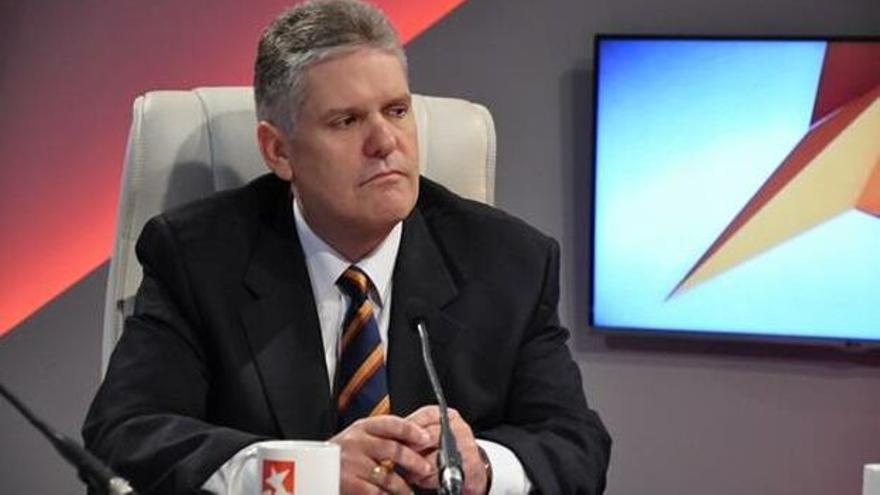
![]() 14ymedio, Havana, 26 December 2020 — Almost unknown when Miguel Díaz-Canel appointed him Minister of Economy and Planning of Cuba, he has become a key man on the island in a year in which the pandemic has finished sinking an economy that was already in a coma.
14ymedio, Havana, 26 December 2020 — Almost unknown when Miguel Díaz-Canel appointed him Minister of Economy and Planning of Cuba, he has become a key man on the island in a year in which the pandemic has finished sinking an economy that was already in a coma.

